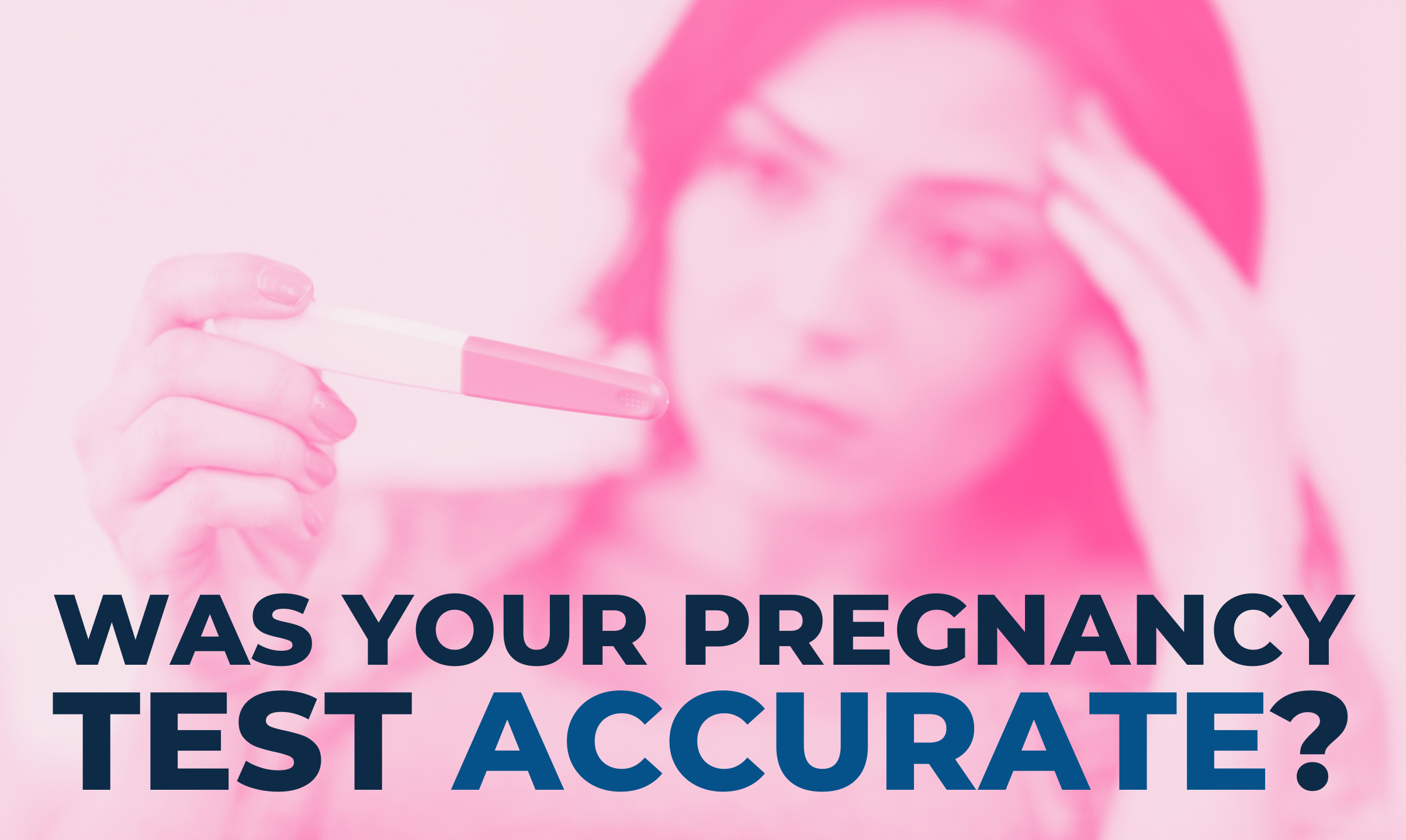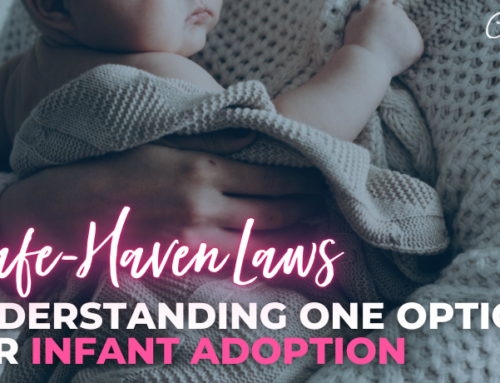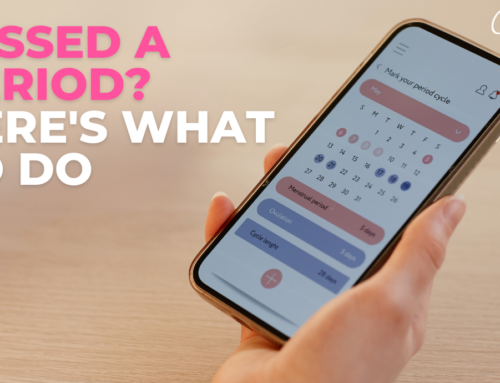A flood of emotions and questions can arise when a woman suspects she might be pregnant. Home pregnancy tests (HPTs) have become a quick and private way to determine pregnancy status. However, questions about their accuracy often arise.
Understanding Home Pregnancy Tests
Home pregnancy tests work by detecting the presence of a hormone called human chorionic gonadotropin (hCG) in a woman’s urine. This hormone is produced by the placenta after a fertilized egg attaches to the uterine lining. The level of hCG increases rapidly in the early stages of pregnancy.
Most HPTs give instructions that suggest taking the test after the first day of a missed period yields the most accurate results. However, some tests claim to detect pregnancy even a few days before a missed period, although the accuracy rate might be lower at this early stage.
Factors Affecting Accuracy
Several factors can influence the accuracy of home pregnancy tests:
- Timing: As mentioned earlier, taking the test too early, even with tests that claim early detection, can result in a false negative. It takes time for hCG levels to reach a detectable threshold.
- Test Quality: Not all HPTs are created equal. Higher-quality tests tend to have better sensitivity and accuracy. Reading reviews and choosing a reputable brand can impact the reliability of your results.
- User Error: How you perform the test matters. Following the instructions precisely, using the first-morning urine (which tends to have the highest concentration of hCG), and not diluting the urine sample can all help minimize user errors.
- Medications and Medical Conditions: Certain medications and medical conditions can interfere with hCG levels, potentially leading to inaccurate results. If you’re concerned about this, consult a healthcare professional.
Accuracy Rates
Home pregnancy tests, when used correctly and at the right time, are generally considered highly accurate. According to the U.S. Food and Drug Administration (FDA), the accuracy rates of most HPTs are around 99%. This means that out of 100 pregnant women who take the test, 99 will receive accurate positive results. However, false negatives can still occur, particularly if the test is taken too early.
False positives are also possible. For example, a pregnancy that has spontaneously terminated shortly after conception can yield a false positive, because the pregnancy hormone hCG may still be present.
When to Consult a Healthcare Professional
If you receive a negative result but still suspect you might be pregnant due to persistent symptoms or a missed period, a lab-quality pregnancy test is recommended. At Choices Pregnancy Centers, we offer free, medical-grade urine hCG tests that can detect pregnancies within 7-10 days of conception and are more accurate than those found in drug stores.
If your pregnancy test is positive, you may be scheduled for a free ultrasound appointment with a Choices medical professional to determine if your pregnancy is viable. We will support you every step of the way.
Please contact Choices today or make an appointment to discuss your options in a caring, discreet environment.







